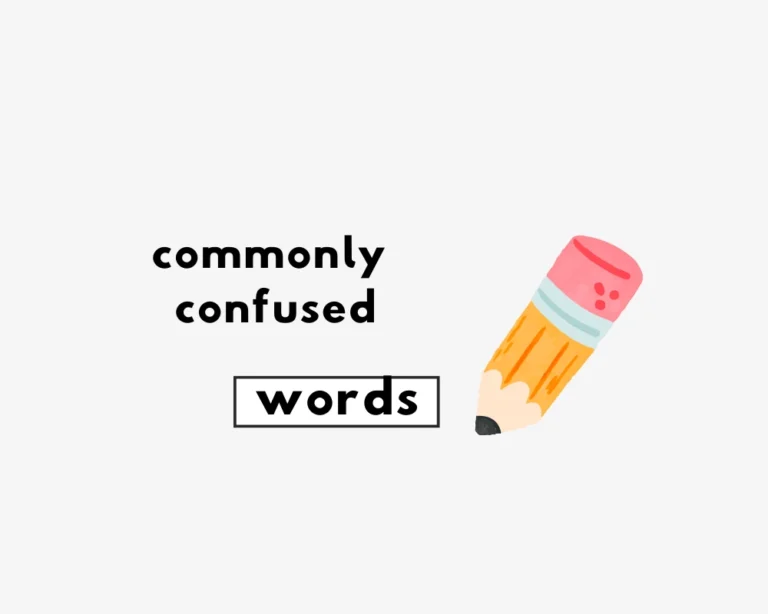Traveling or travelling?
The verb travel, which is to “go from one place to another, especially over a long distance”, uses different spellings based on UK English and US English:
- British English spells “travelling” with the double “L”.
- American English spells “traveling” with one “L”.
The same goes with other verb forms of “travel” in the past tense i.e., traveled and travelled; or as a noun, traveler and traveller.
Other words (like traveling or travelling)
| UK English | US English |
| travelling, travelled | traveling, travelled |
| modelling, modelled | modeling, modeled |
| labelling, labelled | labeling, labeled |
| cancelling, cancelled | canceling, canceled |
Word forms of travel
Other verb/noun forms also conform to the same spelling rules based on US/UK English:
| Part of speech | US English | UK English |
| verb | traveling, traveled | travelling, travelled |
| noun | traveler | traveller |
Sentences with traveling/traveling (present participle)
The travelling/traveling public have had enough of fare increases.
She grew up in a travelling/traveling family.
The birds are travelling/traveling south for the winter.
She enjoys travelling/traveling around Europe.
Sentences with traveled/travelled (past tense)
They travelled/traveled cross-country from New York to California.
The pain travelled/traveled down his back.
They travelled/traveled on the bus to and from work together.
Practice using the verb in different tenses with example sentences to memorize the correct forms.
Synonyms of travel
- journey
- voyage
- tour
- trip
- pilgrimage
- sojourn
- passage
- peregrinate (to travel especially on foot)
Phrases with travel
- travel light
- travel-sick/travel sickness
- travel agent or agency
Origin of the word travel
Etymonline on travel:
Late 14c., “to journey,” from travailen (1300) “to make a journey,” originally “to toil, labor”. Replaced Old English faran. Related: Traveled; traveling. Traveled (adj.) “having made journeys, experienced in travel” is from early 15c. Traveling salesman is attested from 1885.
—Etymonline, travel.
Read more about US English vs. UK English
| Commonly misused words | UK English vs. US English |
|---|---|
| former vs. latter | burned or burnt? |
| bear with vs. bare with | canceled or cancelled? |
| breathe or breath | favorite vs. favourite |
| compliment vs. complement | smelled or smelt? |
| effect vs. affect | gray or grey? |
| elude or allude | favor vs. favour |
| it’s or its | analyze or analyse? |
Sources
- Harper, Douglas. “Etymology of humor.” Online Etymology Dictionary, Accessed 12 February, 2024.
- “Peregrinate.” Merriam-Webster.com Dictionary, Merriam-Webster, https://www.merriam-webster.com/dictionary/peregrinate. Accessed 12 Feb. 2024.
Worksheet
Which is grammatically correct?
What makes a sentence grammatically correct?
Question 3: What is the main focus of this grammar content?
Question 4: Which is most important for proper grammar?
Question 5: Grammar rules help with:
Question 6: What is the main focus of this grammar content?
Question 7: Which is most important for proper grammar?
Question 8: Grammar rules help with:
Question 9: What is the main focus of this grammar content?
Question 10: Which is most important for proper grammar?
Which aspect is most important when learning grammar?
How can you improve your grammar skills?











